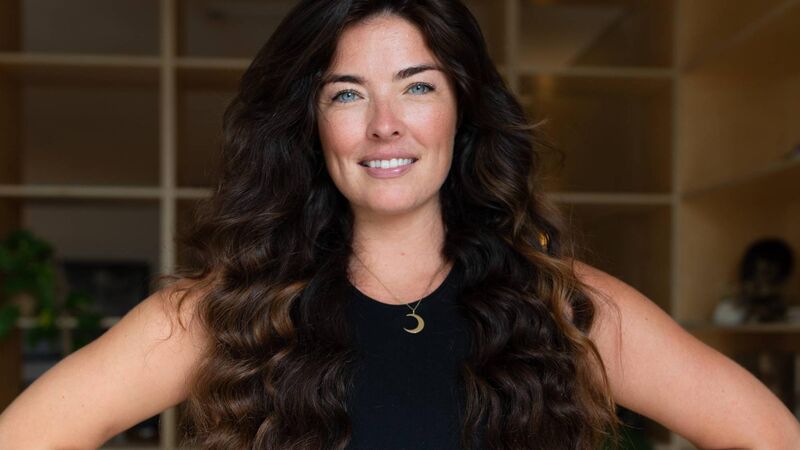Jenny Keane: These are the sex problems that Irish people have and how to fix them

Jenny Keane: "When it comes to sex, the issues we experience are wide and varied. This is because pleasure and sex are unique to the individual experiencing it.". Picture: Orfhlaith Whelan










